"The earth, our home, is beginning to look more and more like an immense pile of filth" Pope Francis, Laudato Si’
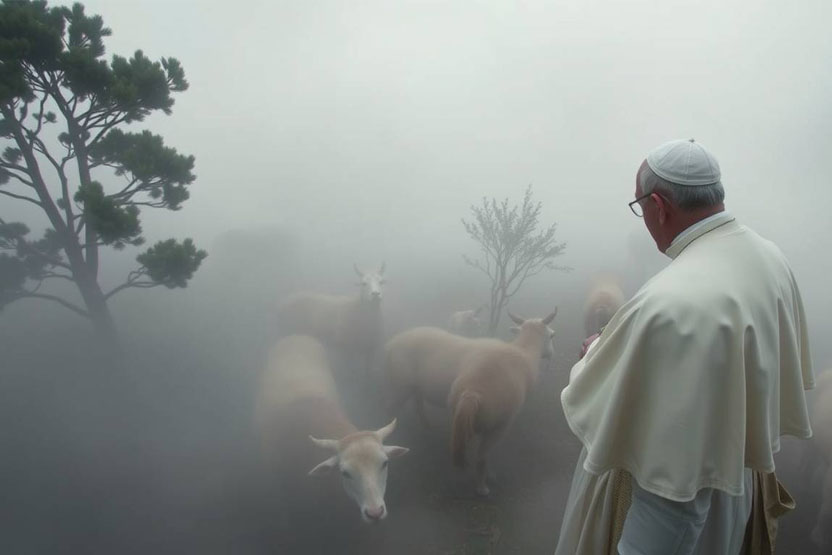
When Jorge Mario Bergoglio chose the name Francis upon his election in 2013, it was more than a tribute—it was a declaration. Inspired by Saint Francis of Assisi, the patron saint of animals and ecology, Pope Francis set the tone for a pontificate that would break new ground by linking the divine with the ecological, the spiritual with the environmental, the cry of the poor with the cry of the earth.
Over the twelve years of his papacy, Pope Francis became the world's most influential religious voice on climate change and environmental degradation. At a time when the planet was heating and global inequality deepening, his ecological teachings—especially through his groundbreaking encyclicals Laudato Si’ (2015) and Laudate Deum (2023)—offered not just scientific clarity and moral urgency, but also spiritual depth.
Laudato Si’: Where Science Meets Faith
In Laudato Si’, Pope Francis articulated what many faith leaders had hesitated to say outright: that the ecological crisis is a spiritual crisis. In a document that blended Scripture, climate science, and Catholic social teaching, he reminded the world that “everything is connected.” Environmental destruction, he argued, could not be separated from the exploitation of the poor and the pursuit of unchecked economic growth. It was a moral failure rooted in what he called “the throwaway culture.”
“Human life is sacred and inviolable. Every civil right is based on the recognition of the first, fundamental right, the right to life, which is not subject to any condition, of a qualitative, economic and certainly not of an ideological nature. Just as the commandment ‘Thou shalt not kill’ places a clear limit guaranteeing the value of human life, today we must also say ‘No to an economy of exclusion and inequality.’ This economy kills. Human beings are themselves considered consumer goods to be used and then discarded. We have created a ‘throwaway’ culture which is now spreading. In this way life too is discarded.”
Pope Francis-- Audience with Italian Movement for Life, April, 2014
As environmental journalist Jeff Brady noted, the timing of the encyclical was providential. Released just months before the 2015 Paris Agreement, Laudato Si’ helped infuse moral urgency into the climate negotiations. It demanded that rich nations take responsibility for their disproportionate role in global warming and urged a “bold cultural revolution” to transition away from fossil fuels.
But the encyclical did more than speak to policymakers. It launched a global Catholic climate movement. Grassroots groups formed discussion circles. Bishops stood with Indigenous communities to block oil extraction in Ecuador’s Yasuní National Park. Parishes planted trees, cleaned rivers, and taught the next generation what Francis called an “integral ecology”—a worldview that sees the Earth not as a resource to be used, but as a sacred trust to be protected.
Pope Francis meets Greta Thunberg
A Papacy of Action—and Urgency
Pope Francis didn’t merely preach from the pulpit; he embodied his message. He stood with typhoon survivors in the Philippines. He wore a plastic poncho in the rain, blessed electric vehicles, and welcomed teenage climate activist Greta Thunberg to the Vatican. His actions spoke with the same clarity as his words: protecting the Earth is not optional for people of faith—it is a divine calling.
Yet, as time passed and planetary conditions worsened, his tone grew sharper. In Laudate Deum, he lamented humanity’s inadequate response and warned that the world might be “nearing the breaking point.” Where Laudato Si’ was poetic and patient, Laudate Deum was brief and blunt. As one theology professor put it, Francis seemed “crankier”—and understandably so. His prophetic urgency reflected the gravity of the crisis.
Pope Francis met with representatives from BMW Italia. As part of their shared commitment to environmental sustainability, the German automaker donated a fully electric, zero-emissions BMW i3 to the pontiff.
Religion and Ecology: A Universal Message
Pope Francis didn’t speak only to Catholics. His ecological message resonated across faiths, inspiring collaboration among religious leaders of all denominations. His call to care for creation reminded believers that reverence for the Earth is deeply embedded in all divine traditions. He reframed climate action not as a political issue but as a sacred responsibility.
The Pope tried to symbolically plant or water trees on various occasions and visits.
Even skeptics could not ignore the weight of his appeal. Though he may not have changed every mind—especially among conservative leaders—he did shift the conversation. Researchers note that while his climate messages didn’t always convert climate deniers, they did transform how people saw the role of religion in ecological matters. As one researcher said, “The pope changed people's minds about himself.”
A Legacy Rooted in the Soil
As we honor the late Pope Francis, we remember a leader who made care for creation central to his ministry. He didn’t just add the environment to the Church’s list of concerns—he redefined how the Church sees its mission in the 21st century. His was a papacy rooted in humility, in the soil of the Earth, and in the teachings of a saint who once preached to the birds.
Today, the Laudato Si’ Movement continues his work, training thousands of “animators” to carry his vision forward. Around the world, from Chicago’s parishes shifting to renewable energy to Amazonian bishops resisting deforestation, his ecological legacy lives on.
And so, as both people of faith and stewards of this planet, we offer a final benediction: may we hear, as Pope Francis did, the whisper of the wind, the murmur of the forest, and the cry of the earth—and may we answer, not with words, but with courageous, collective action.
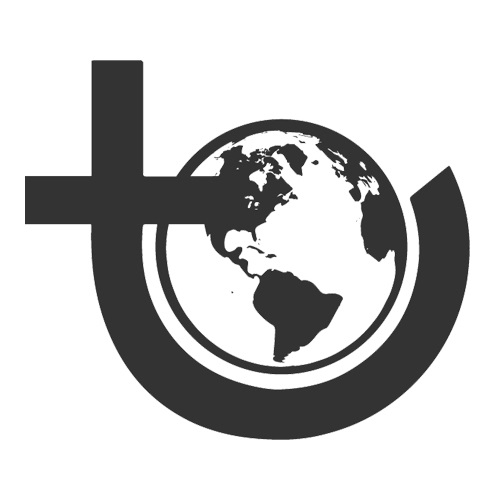

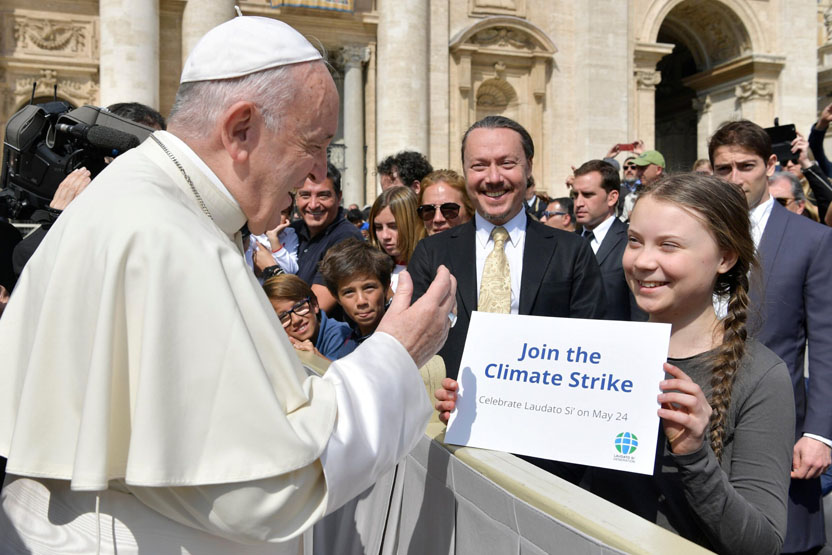
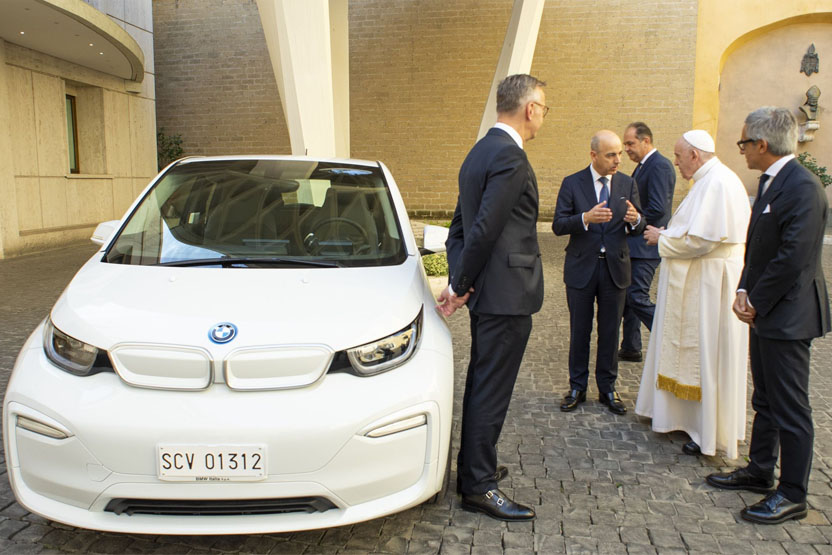
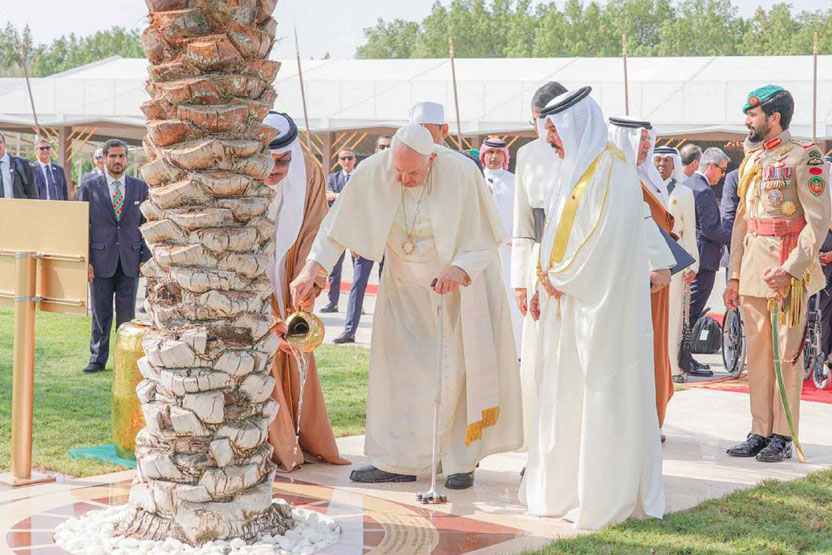
Comment
Reply